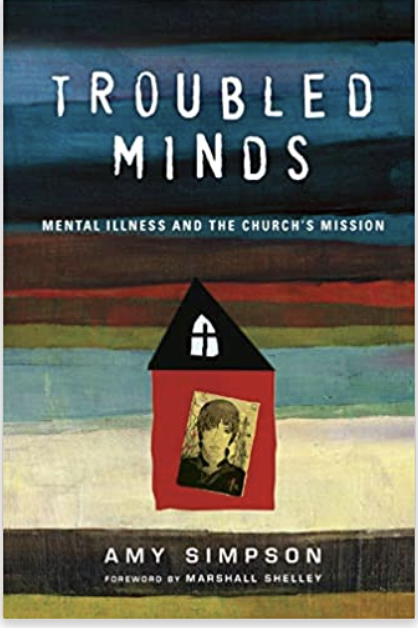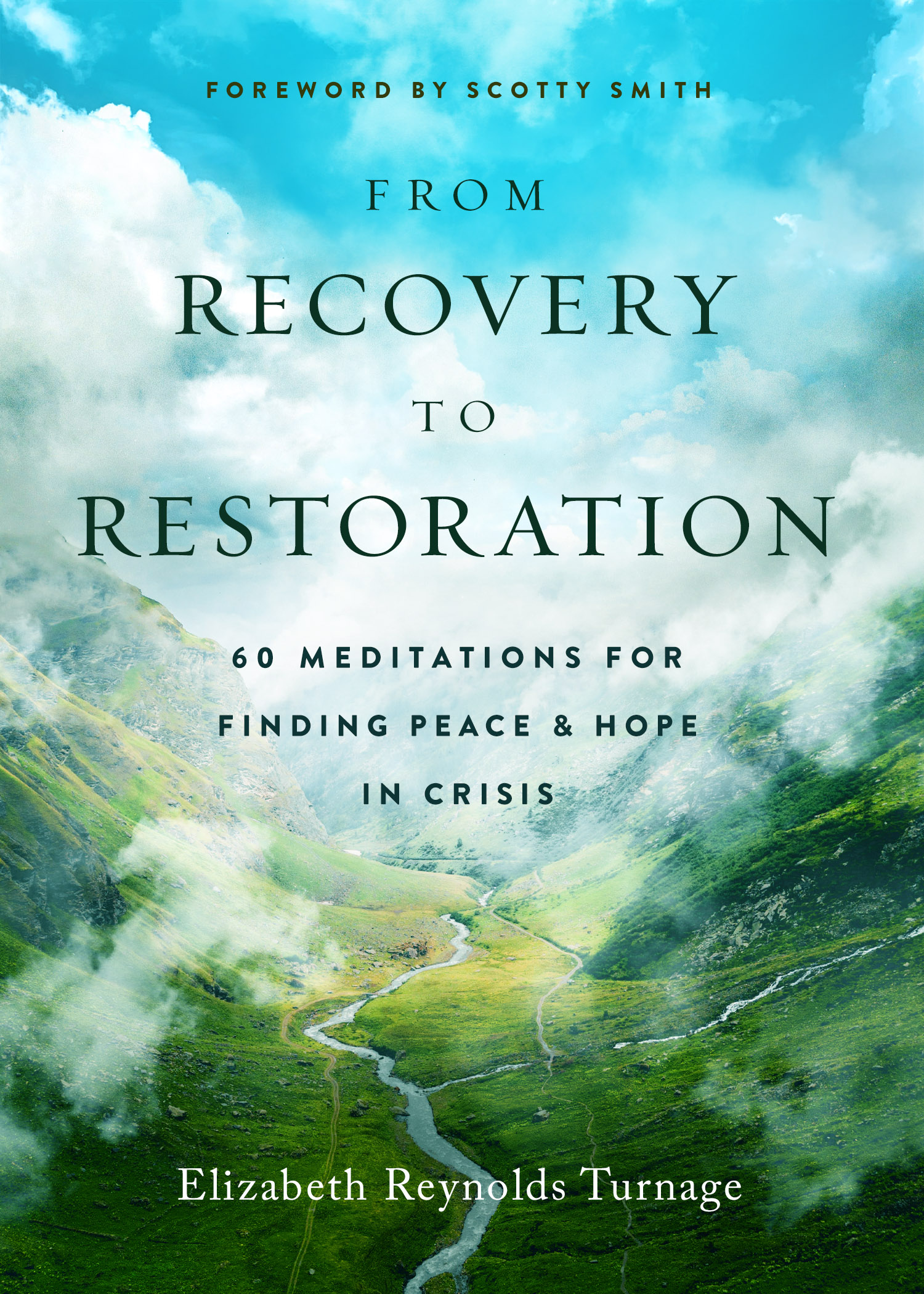Christ’s Power for Our Weakness
Christ’s Power for Our Weakness
Dear Friends, as we continue to consider goals and planning, it’s also good to recognize the frustrations we may experience in our weakness and how God may be working to restore us. Enjoy this meditation from From Recovery to Restoration: 60 Meditations for Finding Peace & Hope in Crisis.
Therefore I will boast all the more gladly of my weaknesses, so that the power of Christ may rest upon me. 2 Corinthians 12:9, ESV
The twenty-something athlete next to me at PT grunted and groaned as she struggled to lift the five-pound weight with her legs. I glanced at her. Her upper body displayed the strength she had gained as a college tennis player. Her left leg was still striped with strong musculature. But her right leg, which had been braced for two months after surgery for an Achilles tendon rupture, was scrawny and weak. Like the college tennis player, we will experience previously unimagined degrees of weakness when we are recovering from a crisis. The good news of the gospel is that in our weakness we discover our greatest strength: Christ’s power and grace are sufficient for all of our needs.
To demonstrate this counterintuitive principle, Paul shares how he was met by God in his weakness. First, he explains, “For we were so utterly burdened beyond our strength that we despaired of life itself” (2 Corinthians 1:8). In that place of weakness, he learned the strength of relying not on himself but on the “God who raises the dead,” the God who “delivered us from such a deadly peril” and who, Paul knew, would continue to deliver him (2 Corinthians 1:8-10).
Later in the letter, Paul shares how Jesus joined him in his weakness. Paul suffered from an unspecified ailment, which he describes as a “thorn in the flesh,” “a messenger of Satan to harass me” (2 Corinthians 12:7). Paul asked Jesus repeatedly to remove it, but Jesus denied him, saying, “My grace is sufficient for you, for my power is made perfect in weakness” (2 Corinthians 12:9). And that is why Paul boasts of his weakness.
Paul returns to the theme one more time before closing his letter to the Corinthians. This time, he connects knowledge of weakness with restoration: “For we are glad when we are weak and you are strong. Your restoration is what we pray for” (2 Corinthians 13:9). Here, the word “restoration” means being built up inwardly, becoming more mature. Paul understood that as we embrace our weakness, we become more fully who God designed us to be. As we discover God’s bountiful provision for our weakness, our faith grows strong, and the body of Christ is built up. This is what it means to “aim for restoration” (2 Corinthians 13:11).
Crisis and recovery offer us the opportunity to experience God’s surpassing strength for our profound weakness. Let’s embrace our weakness, for through it, Christ’s image is being restored in us.
Prayer
Lord,
We confess, we’re not crazy about being weak. Most people brag about their strength. Help us to boast in our weakness, realizing it leads us to rely on you, the God who raises the dead. Even as we face our fragility, grow our desire for Christ’s strength in us. Amen.
Further Encouragement
Read 2 Corinthians 12:1-10; 2 Corinthians 13:9-11.
Listen to “How Firm a Foundation” by Wendell Kimbrough.
For Reflection
What weakness are you struggling with? How is your weakness leading you to rely on God? How are you discovering Christ’s grace to be sufficient for this season?
(Affiliate link above).








